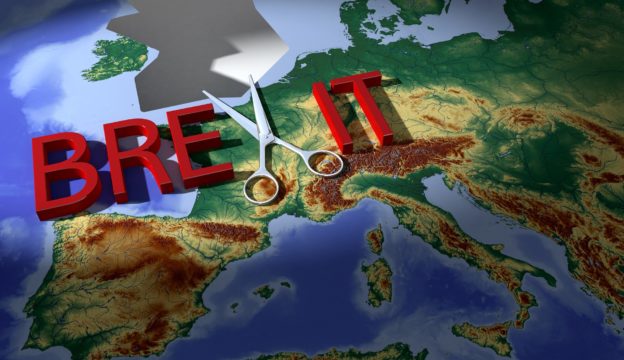On April 24, Michel Barnier presented the state of negotiations and recalled the deadlines to come:
- June 30: deadline for the possible request for an extension of the transition period,
- December 31: end of the transition and date of the “Economic Brexit”, with or without agreement.
The two sides also pledged to put in place, by December 31, the provisions of the Withdrawal Agreement, which are essential to protect the rights of citizens and to ensure peace and stability in Ireland and North Ireland.
The British government has already made it clear that it will refuse any extension of the transition period.
On March 18, the EU shared with the UK a draft legal text for an ambitious economic and security partnership. The United Kingdom has also sent text proposals in certain areas which are currently confidential.
This second round was generally disappointing, particularly in four areas:
- A level playing field: a free trade agreement with zero rate customs duties, with no tariff dismantling schedule for certain sensitive products, and no quota: this would mean unprecedented access for the UK as a third country. The economic partnership would be broad and comprehensive, encompassing trade in goods and services, including transport, energy and fishing. On the other hand, the EU wants to be more ambitious in order to guarantee the highest social and environmental standards and to prevent unfair trade distortions and unjustified competitive advantages, for example with regard to State aid and fiscal measures.
- The overall governance of the future partnership: the EU has proposed a single framework for the two parties to jointly manage all areas of their future relations. The UK, on the other hand, insists on a number of separate agreements, each with separate governance arrangements. Within the framework of a single governance, the United Kingdom currently refuses three major points for the Union:
-
-
- The parties must refer to common values, such as democracy, the rule of law and human rights, the fight against terrorism or the fight against climate change.
- The agreement must provide for the UK’s continued accession to the European Convention on Human Rights, which should be implemented in domestic law so that individuals can have recourse to it.
- Recognition of the role of the European Court of Justice, in particular for the exchange of personal data.
-
-
- Future police and judicial cooperation in criminal matters. The UK currently refuses to provide firm guarantees on fundamental rights and individual freedoms. He insists on lowering current standards and deviating from agreed data protection mechanisms.
- No progress in fisheries.
Only two rounds of negotiations remain – in the weeks of May 11 and June 1. A high-level conference is planned for June.
On the implementation of the Protocol on Ireland and Northern Ireland, a first meeting of the joint committee was held on April 30. The Union wants clear evidence that the UK will be able to carry out all checks on goods entering Northern Ireland from outside the EU from January 2021: the EU wants to avoid the United Kingdom becoming the future “hub” of Chinese goods without guarantee on the controls which will be carried out. Indeed, the subject is sensitive since OLAF (European Anti-Fraud Office) had estimated that due to the failing controls of the British customs services, in particular in terms of customs value of goods, the United Kingdom would not have collected 1.5736 billion euros net for the period from 2013 to 2016 (EU Court of Auditors, 2017, special report No 19).
Thus, at the April 30 meeting, the Commission stressed the importance for the United Kingdom to present its plans for all the implementing measures prescribed by the Protocol on Ireland and Northern Ireland and to provide a detailed schedule.
***

